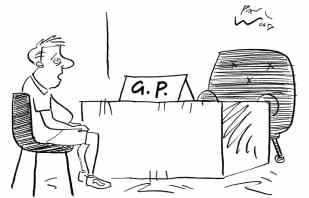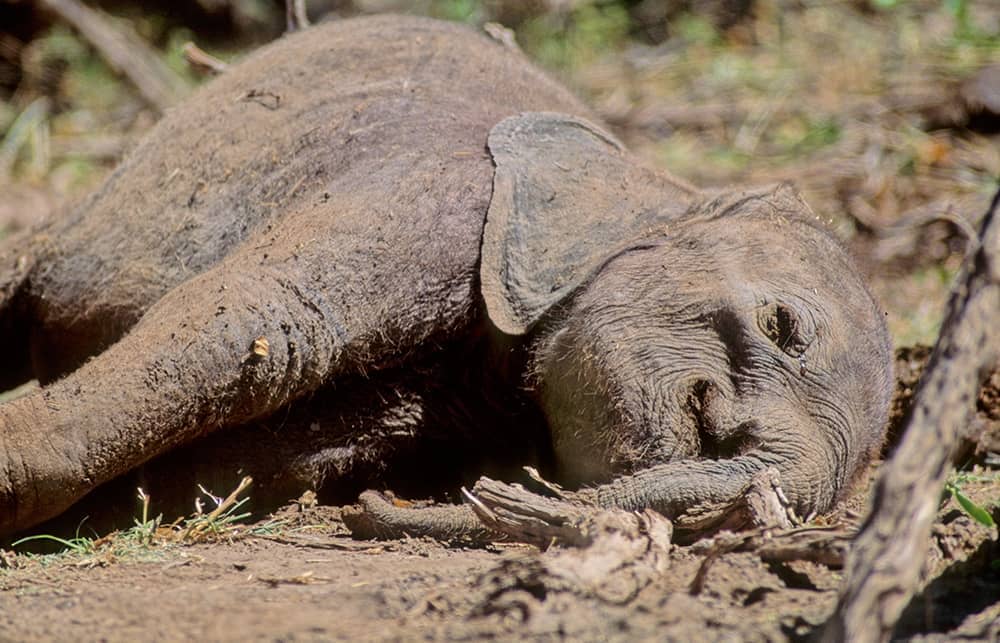Laikipia
You know things are bad when the zebras are thin. Even during most droughts, zebras are like matrons at the gym in stripey spandex stretched around plump buttocks. Pastures vanished long ago and our plains resemble Sudan’s Batn-el-Hajar – the Belly of Stones desert – so that I cannot even recall what they were like when they were last thick with green grass. The zebra foals are dying, the elephants are thin, while the buffalo disappeared a while back. The dry has killed quite mature trees which now shudder with the sound of termites and crash to the ground. To the north of us, horned skulls and dried carcasses litter the trail where the cattle-keepers trekked their animals vast distances in search of rain. Up there the countryside is silent. There are almost no animals left.

We had good rains until October 2020, then conditions changed. The late-year short rains failed completely that year. All our rains failed through 2021 and we received about half of what we’d hope for in a normal year. This year we have had a quarter of the long-term average so far and predictions based on the cycles of warming and cooling in both the Indian and Pacific Oceans suggest that we may not get adequate rains until April next year. That thought makes me sweat a bit. No rain until next year!
Two years ago I filled our big barn with hay and the bales are almost exhausted. For a year we have been giving the cattle extra stuff to help them get along. On top of the hay we bring in feed and I spent the price of a small car to buy a quantity of silage that arrived in large white plastic bales. At the farm salt store we mix a brew of minerals, molasses and urea with which we aim to stimulate rumen bacteria in the cows, so that stalky grass and browse can be converted into protein just to keep them alive. Looking at our very tough Boran cattle, I am amazed they are alive. They stopped breeding months ago and they are so skeletal thin they look like toast racks. We get a few deaths but somehow most keep marching on. A farm nearby has lost a thousand cattle to the drought. Another has seen 600 go. One morning they just will not get up, and try as you might to raise the animal up by its tail, it will not move. It gives up and it stays where it is quietly until it dies. Meanwhile the sheep and the goats look better than ever, while the camels in our district are thriving in parched conditions. As the Somali nomads used to say: ‘A camel man is a man, a goat man is half a man and a cow man is no man at all.’
The zebra foals are dying, the elephants are thin, while the buffalo disappeared a while back
Those Somali rain chasers knew about the inevitability of drought in these regions. It’s invaluable to remember that in times of hysteria about climate change and global warming, about which we hear every single day now. It’s all the fault of Western cars and Chinese coal, we are told, but nothing is said about deforestation and land mismanagement on our doorstep here – nor the unpredictable nature of our rain cycles. ‘In Laikipia, rainfall varies year to year and throughout the year,’ my ranching neighbour Tom told me decades ago when I first arrived and asked why the skies did not align with my charts. ‘You can receive any amount of rain in any month, from zero to ten inches, so flood or drought are hard to predict.’
We are seeing what might become the worst drought since 1984. In that year, as a teenager, I accompanied my father to northern Kenya where he was working among the nomads and eight in ten of all cattle died in that dry stretch. Carcasses were scattered across the landscape. On the commercial ranches they slit the throats of all the calves to save the mothers. It was all about rescuing the genetics so that they could somehow limp on until the next rains. Perhaps the weather patterns are changing slightly over time – they have always done that, after all – but historically droughts occur here about once every decade and you can observe this in tree rings, in sediments, in the rocks and in the memories of the elders. As a cattleman in a drought, it’s important to remember these are predictable events – part of the Joseph Effect, if you like – for which we should prepare, rather than blame others while claiming helplessness.







Comments